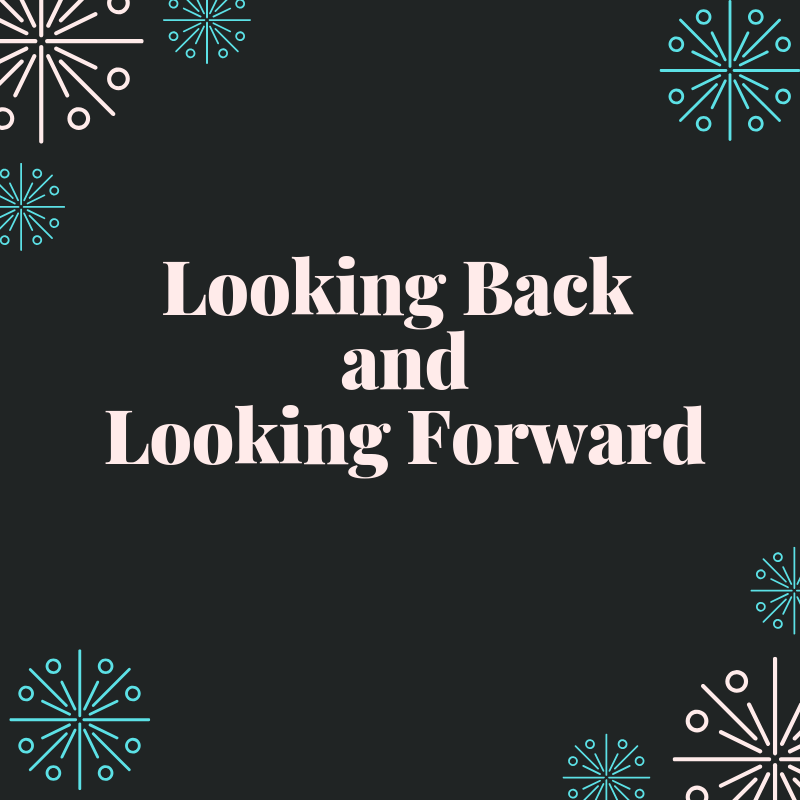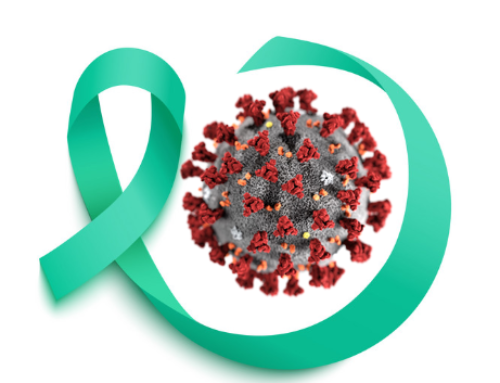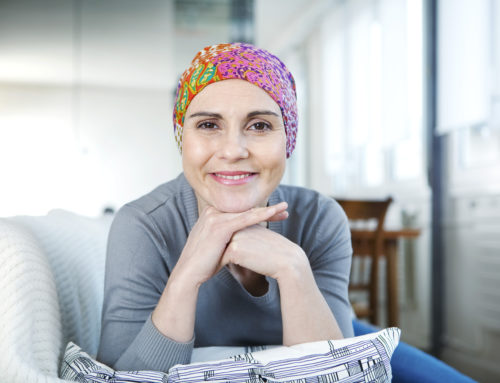LOOKING BACK AND LOOKING FORWARD
In January 2006, five months after my diagnosis, I wasn’t really sure what my future would hold. Would I be able to finish all the chemo treatments? Would I be able to travel to all 50 states in my lifetime? (A personal goal of mine.) Would I be able to return to work? Would I see my children graduate and marry? Would I even survive 5 years? There was so much I still wanted to do.
In January 2009, two months after surgery for a recurrence I was back in the same position wondering what the future would hold. This time I was looking ahead to six cycles of chemotherapy. I wondered when I could travel to see my married daughter. Would I sit in Lane Stadium and see my son awarded his Masters degree? Would I survive five years? There was still so much to do.
I survived five years and then five years more.
Here we are in January 2019.
This diagnosis has not stopped me from seeing so many important events – the marriage of my son in 2015; his attaining a PhD in 2018; and perhaps best of all – the birth of my two grandsons. I have also grown. I am no longer a patient. I have taught (well, learned) myself about ovarian cancer, learned how to read the literature, started to ask questions, and now, I consider myself a “full-time” ovarian cancer research advocate.
In July, I will be a fourteen-year survivor. Since my diagnosis I have seen greater awareness of the symptoms of ovarian cancer thanks to so many ovarian cancer organizations throughout the world. I have seen countless women speak out about the need for increased support for funding ovarian cancer research because our lives depended on it. I have seen the approval of bevacizumab as an ovarian cancer treatment. I have applauded the recommendation that all women diagnosed with ovarian cancer be tested for BRCA mutations. I have seen the approval of PARP inhibitors for treatment and maintenance. I have seen researchers include patients as they develop clinical trials and those same researchers include patient reported outcomes as goals of that research. And I have seen the number of clinical trials of targeted therapies and immunotherapies for ovarian cancer increase.
In addition to these scientific advances I have found that emotional support for women with ovarian cancer has also increased. There are more in-person support groups as well as online support for women diagnosed with the disease. You will find ovarian cancer survivors in online communities on Twitter and Facebook as well as using platforms such as Smart Patients and Inspire. We are finding each other and we are playing an important role in advocacy and research.
All these developments have helped women navigate life after an ovarian cancer diagnosis. I look forward to seeing what the future holds for all of us.
Wishing you all a Happy and Healthy 2019!
Globe-athon is proud to partner with Smart Patients, an online community where patients learn from each other about their cancer journeys. On Smart Patients, you can discuss issues raised in this blog post and beyond. Join here: https://www.





